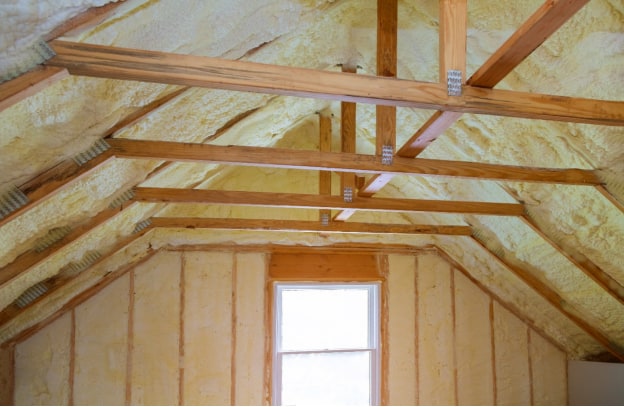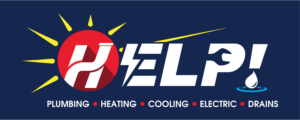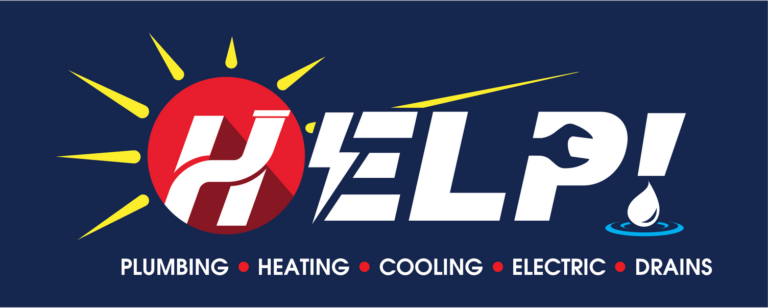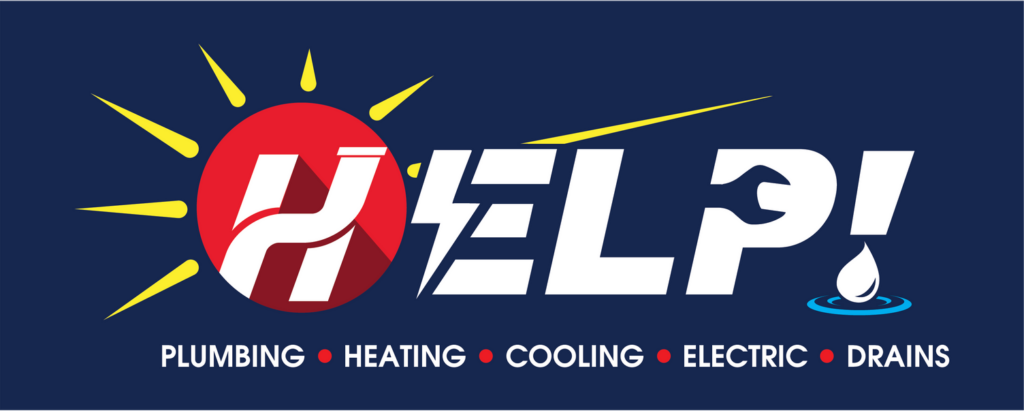With growing concern for the environment and rising energy costs, many homeowners are focused on energy efficiency. Along with eco-conscious appliances, attic insulation – specifically in the form of spray foam insulation – is a game-changing option that can revolutionize energy efficiency in your home.
Find out more about whatattic spray insulation is, how it can lower your bills, and the impact it has on your environmental footprint from HELP Plumbing, Heating, Cooling, Electric, and Drains.
The Challenge of Energy Consumption
Energy consumption is a critical issue worldwide. The majority of this energy is derived from fossil fuels, which release greenhouse gases into the atmosphere and contribute to climate change. To combat this, many governments and organizations have been pushing for sustainable and energy-efficient practices to reduce our carbon footprint.
While businesses use a lot of energy, homes aren’t without some of the burden. Heating and cooling spaces make up a significant portion of the energy used in a home, particularly in the attic. This space plays a big role in maintaining a comfortable indoor environment while also managing energy consumption, yet it can be a big cause of energy loss.

The attic acts as a thermal boundary between the interior of a home and the outdoors. During a hot summer, the heat from the sun penetrates the roof and can raise the indoor temperature, leading to increased energy use for air conditioning. In the winter, cold air can infiltrate the attic, causing the heating system to work even harder to keep your home comfortable. This inefficiency not only compromises your home’s climate control but substantially raises energy costs.
Traditional Attic Insulation
Fiberglass batt insulation has been a go-to method for insulating attics. While it provides some level of thermal resistance, it’s far from the ideal solution. Fiberglass insulation often leaves gaps and cracks, allowing air to leak out, and tends to deteriorate over time. It’s not effective at preventing heat transfer, especially in extreme weather conditions.
The Value of Attic Spray Insulation
Spray foam insulation, which is specifically designed for attics, has gained popularity for its superior insulating properties and energy-saving potential. It’s a more comprehensive and efficient solution to the challenges posed by traditional insulation methods.
Types of Spray Foam Insulation
Spray foam insulation comes in two primary types: open-cell and closed-cell. Both types have advantages and are used in specific applications:
Open-Cell Spray Foam
Open-cell spray foam is lighter and less dense. It has cells that aren’t completely encapsulated, which means they’re left open to keep the foam softer and more flexible.
A foam’s R-value indicates its resistance to heat flow – basically, how well it insulates. Open-cell foams have an R-value of around 3.5 per inch, which is significantly lower than closed-cell foams. Because of this, open-cell foams are not ideal for extreme temperatures.
Closed-Cell Spray Foam
Closed-cell spray foam is made up of cells that are completely closed. When pressed together, air and moisture are unable to get inside the foam. Because of this, the cell foam is more rigid and stable than open cell foam.
As far as R-value, closed-cell foams insulate more effectively. They usually have about 6.0 per inch, but some can reach almost 7.0 per inch. The higher rating makes closed-cell foam better at keeping heat in or out of a structure, especially in attics or in areas that need a moisture barrier, such as basements and crawl spaces.
The Benefits of Attic Spray Insulation
There are many benefits to attic spray insulation, including:
Superior Insulation
The main advantage of attic spray insulation is its superior insulating properties. Closed-cell spray foam, which has a higher R-value, effectively seals gaps and cracks in the attic to reduce heat transfer and energy loss.
Air Sealing
One of the biggest benefits of spray foam insulation is the ability to create an airtight seal. This prevents conditioned air from escaping and outdoor air from infiltrating the attic. By eliminating drafts and air leakage, your home becomes more energy efficient, reducing the need for continuous heating or cooling.
Energy Savings
The reduction in energy loss due to improved insulation and air sealing directly translates to energy savings. Homeowners who invest in attic spray insulation typically see a substantial decrease in their heating and cooling bills, making it a cost-effective solution in the long term.

Improved Comfort
A well-insulated attic means a more comfortable indoor environment. With spray foam insulation, you can maintain more consistent temperatures in your home and eliminate hot or cold spots. This improved comfort adds to the overall quality of living in your home.
Environmentally Friendly
By reducing energy consumption, attic spray insulation also contributes to a lower carbon footprint. It aligns with the overall shift in society toward more sustainable and eco-friendly practices, benefiting both homeowners and the planet.
Durability
Spray foam insulation is highly durable and can last for many years without deterioration. Its longevity ensures that you won’t need to re-insulate your attic frequently, saving you money and hassle in the long term.
Pest and Moisture Control
Closed-cell spray foam acts as a barrier against pests and moisture infiltration to protect your home and attic. Having a tight seal reduces the risk of damage and costly repairs.
Installation Process
The installation process for attic spray insulation is a crucial aspect of its effectiveness. It requires a professional contractor with experience in handling spray foam materials. Here’s an overview of the installation process:
- Inspection:The installation process begins with a thorough inspection of the attic to identify any existing issues, such as leaks, air gaps, and moisture problems. This ensures any existing problems are corrected before insulation is applied.
- Preparation:The attic is prepared for insulation by clearing away any debris, dust, or old insulation materials. Any gaps, cracks, or holes are sealed to prevent air leakage.
- Application:The spray foam insulation is applied using specialized equipment. It begins as a liquid and expands into a foam, filling gaps and adhering to surfaces. This application process requires precision to ensure even coverage.
- Curing:The foam needs time to cure and harden – typically a few hours. It’s important to have adequate ventilation to allow any fumes to dissipate.
- Inspection and testing:Once the foam has cured, it’s inspected to ensure proper coverage and adherence. This process can vary depending on your contractor.
- Clean-up:Once the installation is complete and has passed inspection, any excess foam is trimmed and removed. The attic is left clean and ready for use.
Should I DIY Attic Spray Foam Insulation?
Attic spray insulation is not usually a DIY project, especially if you have no experience with the process. Professional attic spray insulation installation is the best choice for several reasons, including:
- Experience:Experienced contractors know how to handle the materials and equipment safely and effectively. They can ensure a proper application that maximizes insulation performance.
- Equipment:Installing spray foam insulation requires specialized equipment that professionals have access to. The application process requires a lot of precision and even coverage, which can be challenging to achieve without the right tools.
- Safety:Working with spray foam insulation can be hazardous if it’s not done correctly. Professional installers are trained in safety protocols to protect both themselves and your home.
- Knowledge:Professionals can assess your attic’s unique needs, including addressing existing issues like leaks or ventilation problems, and recommend the right type of spray foam insulation for your situation.
- Guarantees:Many professional contractors offer warranties or guarantees on their work, providing peace of mind that the installation will perform as expected.
Things to Consider with Spray Foam Insulation for Your Attic
While attic spray insulation offers numerous advantages, there are some things to consider.
- Cost:Spray foam insulation, particularly with closed-cell foam, is often more expensive than traditional insulation materials. The energy savings can often offset this initial cost, however.
- Professional installation:Professional installation is recommended for a precise and complex process like spray foam insulation, but that adds to the overall costs. That said, it’s worth paying for the insulation to be done correctly and avoid problems in the future.
- Ventilation:Proper attic ventilation is crucial when using spray foam insulation to avoid moisture buildup. Ensure your attic is adequately ventilated before installation.
- Compatibility:Some older homes may have issues with spray foam insulation compatibility. For example, older attics may have insulation that contains asbestos, which requires extra precautions during removal and installation. You should not attempt to do this on your own.
- Moisture:If you have moisture problems in your attic, such as leaks or condensation, you should correct them before installing spray foam insulation. Otherwise, you could have bigger problems down the road.
Contact HELP for Attic Spray Insulation
Attic spray insulation is a boon for energy efficiency and home comfort. It can provide superior insulation, air sealing, and energy savings to help you reduce your home energy bills and reduce your environmental footprint. You can unleash the power of attic spray insulation and revolutionize your home’s efficiency with help from HELP attic insulation services.

Is attic spray insulation right for your home?Contact HELP to schedule your appointment!


